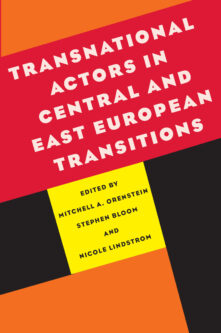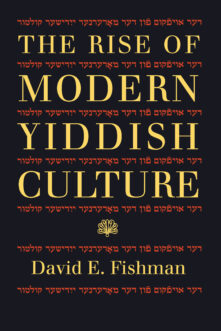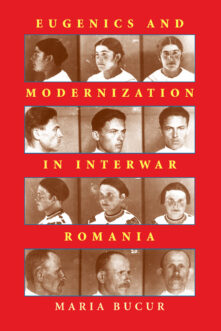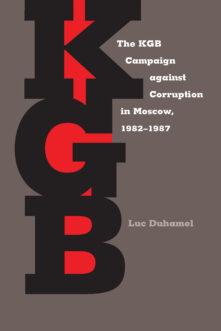Books
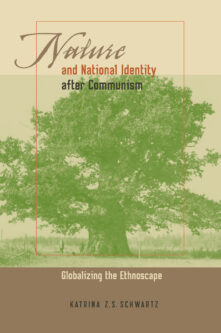
Nature and National Identity After Communism
Globalizing the Ethnoscape
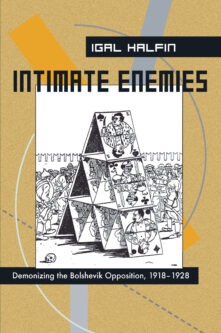
Intimate Enemies
Demonizing the Bolshevik Opposition, 1918-1928
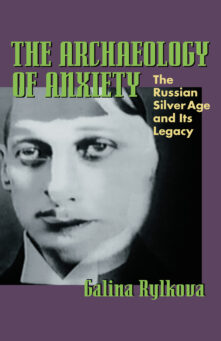
The Archaeology of Anxiety
The Russian Silver Age and its Legacy
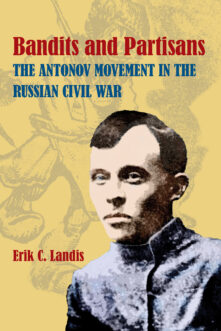
Bandits and Partisans
The Antonov Movement in the Russian Civil War
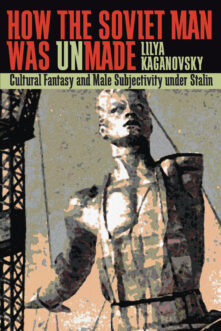
How the Soviet Man Was Unmade
Cultural Fantasy and Male Subjectivity under Stalin
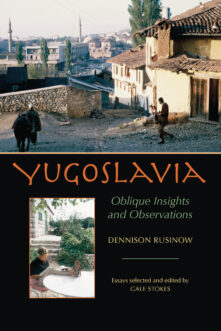
Yugoslavia
Oblique Insights and Observations
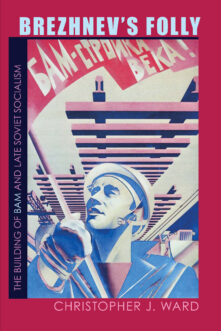
Brezhnev’s Folly
The Building of BAM and Late Soviet Socialism
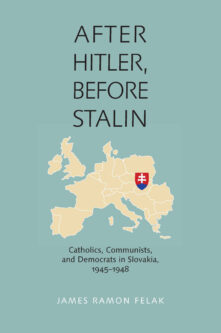
After Hitler, Before Stalin
Catholics, Communists, and Democrats in Slovakia, 1945–1948
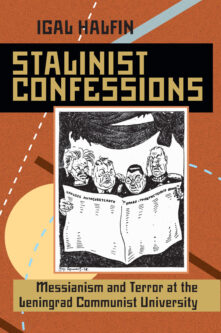
Stalinist Confessions
Messianism and Terror at the Leningrad Communist University
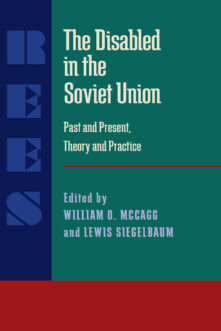
The Disabled in the Soviet Union
Past and Present, Theory and Practice
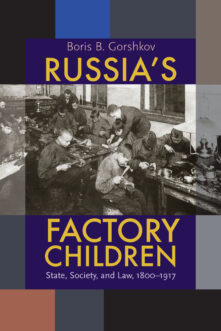
Russia’s Factory Children
State, Society, and Law, 1800–1917
Total 113 results found.


